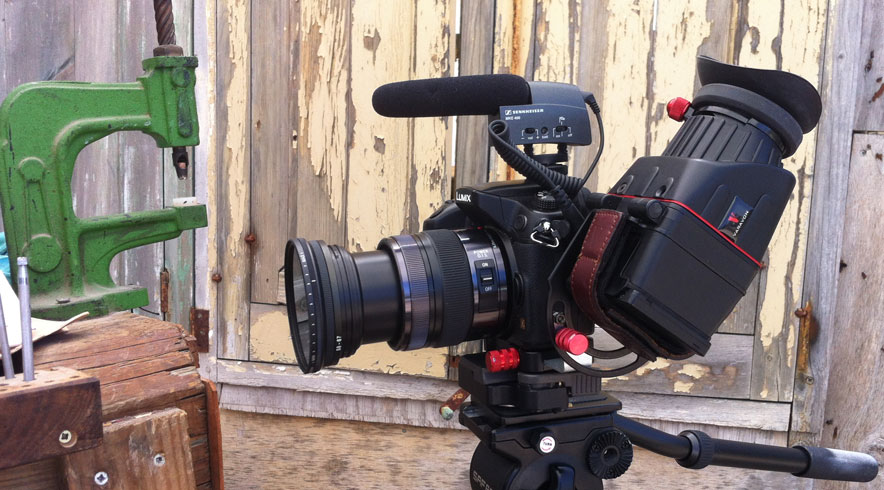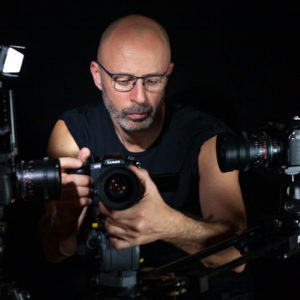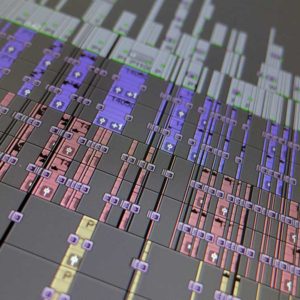With the knowledge gained from my many filming gigs I recently wrote a guide to writing a pre-production brief. Following on from that this post looks at how to improve the quality of your video production.

Aspects to consider for high-quality video production
Recent technology advances have given most people some kind of experience at recording video on mobile devices at the very least. To produce and record broadcast standard high-quality video and sound requires a wide range of creative and technical professional skills. If you are looking to improve your video production values and enhance the quality standard of your videos you will need to consider the following areas.
Audio for video production:
Record clear, clean and crisp audio. Remove any background noise or reposition your microphones and use an appropriate external mic or wireless lapel mic. You may want to use a separate high-quality audio recorder in addition to recording the sound through your camera.
Lighting for video production:
Explore what natural light is available and consider which type of artificial light would enhance the shot. Do you have control over the lighting? Could the natural lighting conditions change? Using artificial light to cut out an edge your subject or person from the background will enhance its visual interest.
Video production camera support:
Consider the use of a tripod, monopod or other camera support systems (commonly referred to as ‘grip’) to reduce camera shake and enhance the video. Too much of the wrong camera movement can be distracting for the viewer. Other grip options like a camera slider or a gimbal-based system enhance the smooth and fluid movement of the camera. These enable the camera to move smoothly through a scene. Unless skilled in its use consider whether to avoid frame motion when filming. Generally, poor shaky or wobbly zooms look amateur unless appropriate.
Planning for post-production:
Consulting with a post-production editor before the shoot can ensure that you film the right shots to make sure the editing process can progress smoothly.
Visual quality:
Record the best technical quality image available within your budget. Be aware of what good composition and framing consist of. Remove any unnecessary movement from the frame especially people moving behind an interviewee or subject. Consider the depth of field and how that will change the look and potentially the acquisition of your footage.
Video broadcast standards:
Understand what you need to do to deliver to broadcast channels technical standards. From YouTube to the BBC each channel provider will have a technical specification guide to help you deliver your video or films correctly.
Video content:
As well as ensuring the final video rushes are to the highest quality (with the allocated budget in mind) the content of the recorded sound and vision would ideally be one or more of the following: engaging, entertaining, inspirational, surprising and/or emotional. A good film would contain a story with a beginning and an end with an aim or purpose.
The best way to learn how to improve the quality of your video and sound recordings is to film a wide range of subjects and situations. When you have finished the filming take the rushes home and review your day’s work. By watching and listening to the filmed material on a larger monitor screen (connected to good speakers) you will see and hear what has been recorded well and what could be improved. The more you film the more you will learn from your experiences. We all encounter unique and difficult situations when filming. By gaining on-location experience you will be prepared for these different situations and still be able to capture broadcast quality sound and vision.
If you have any questions or would like advice on anything regarding your video production or post-production please do drop me a message.



